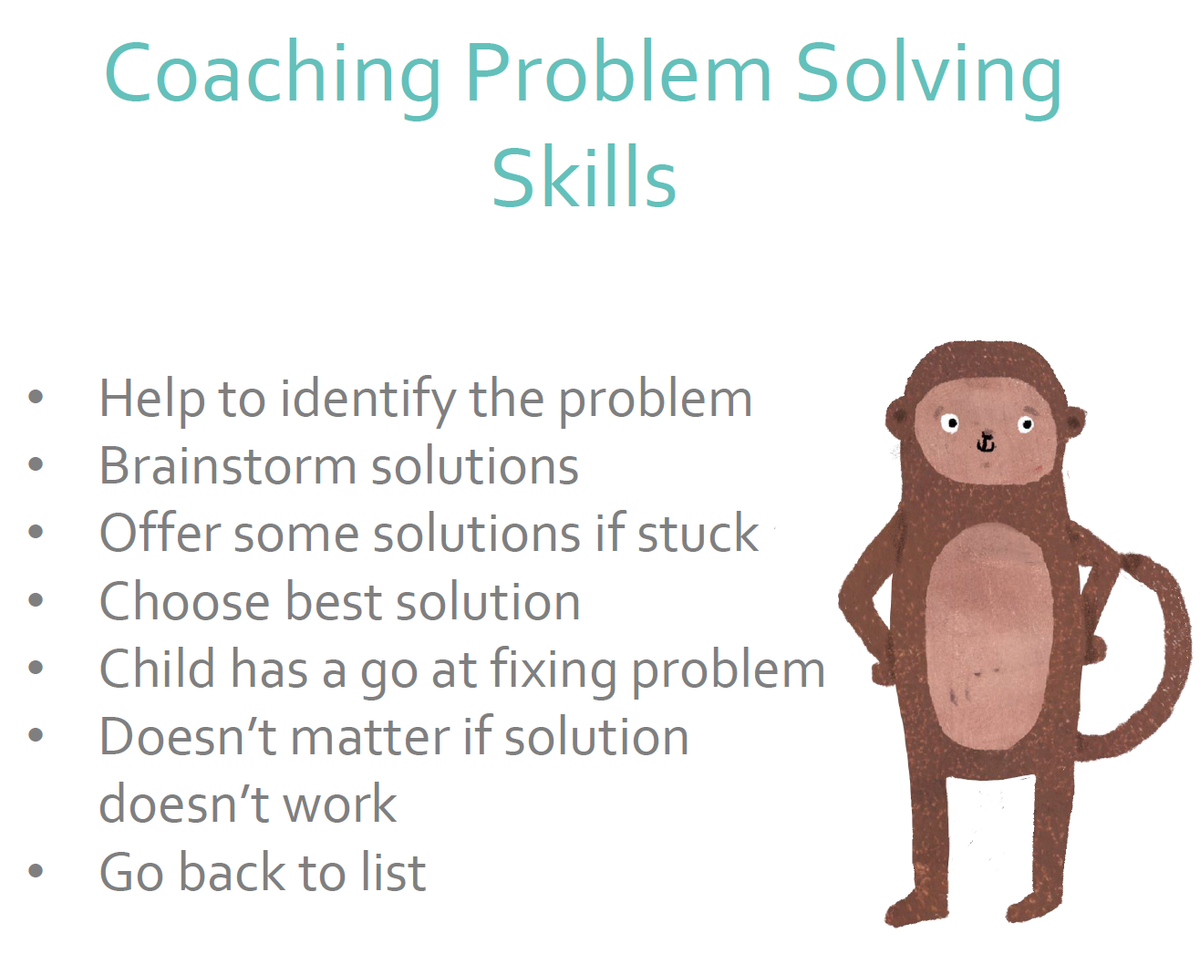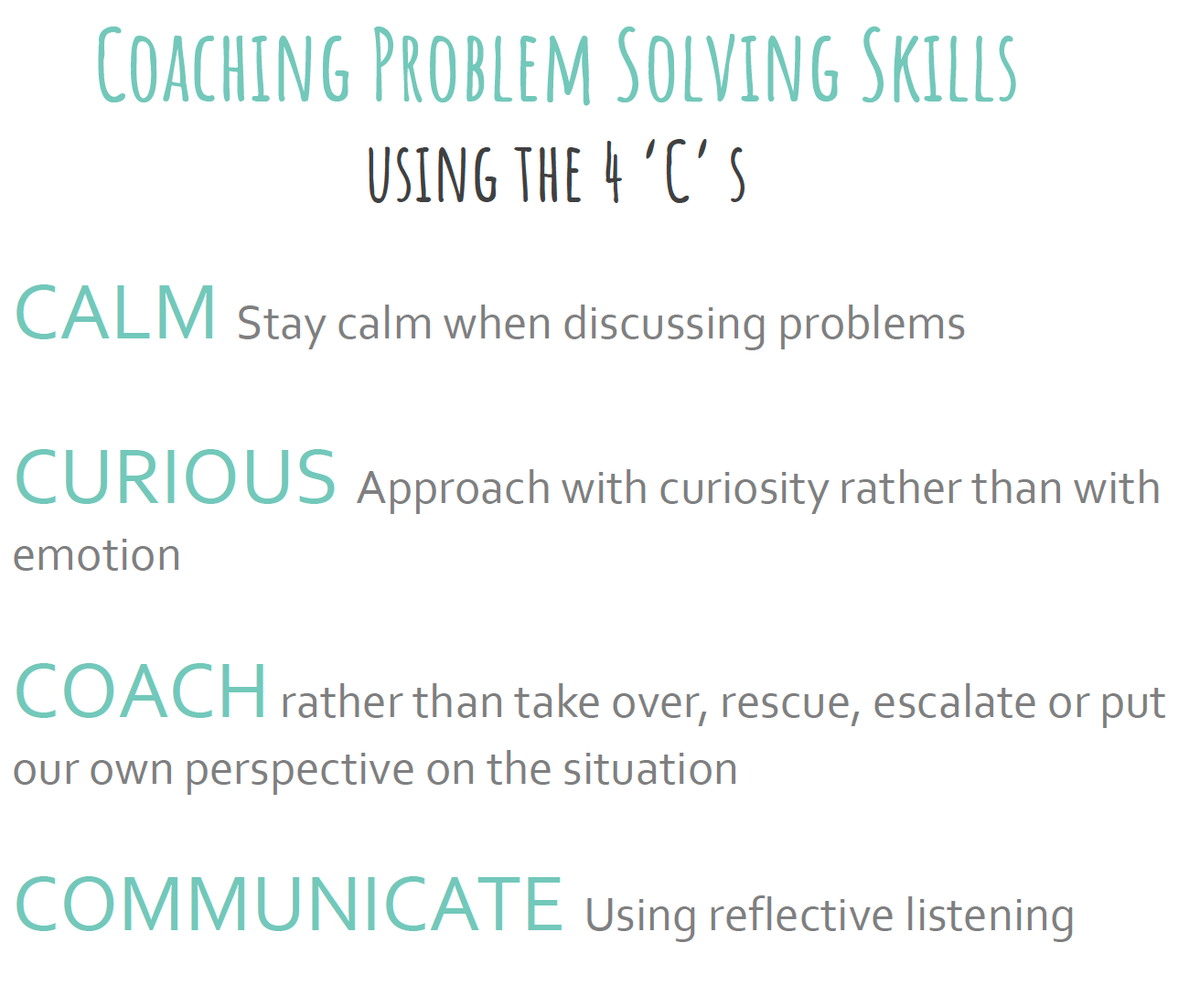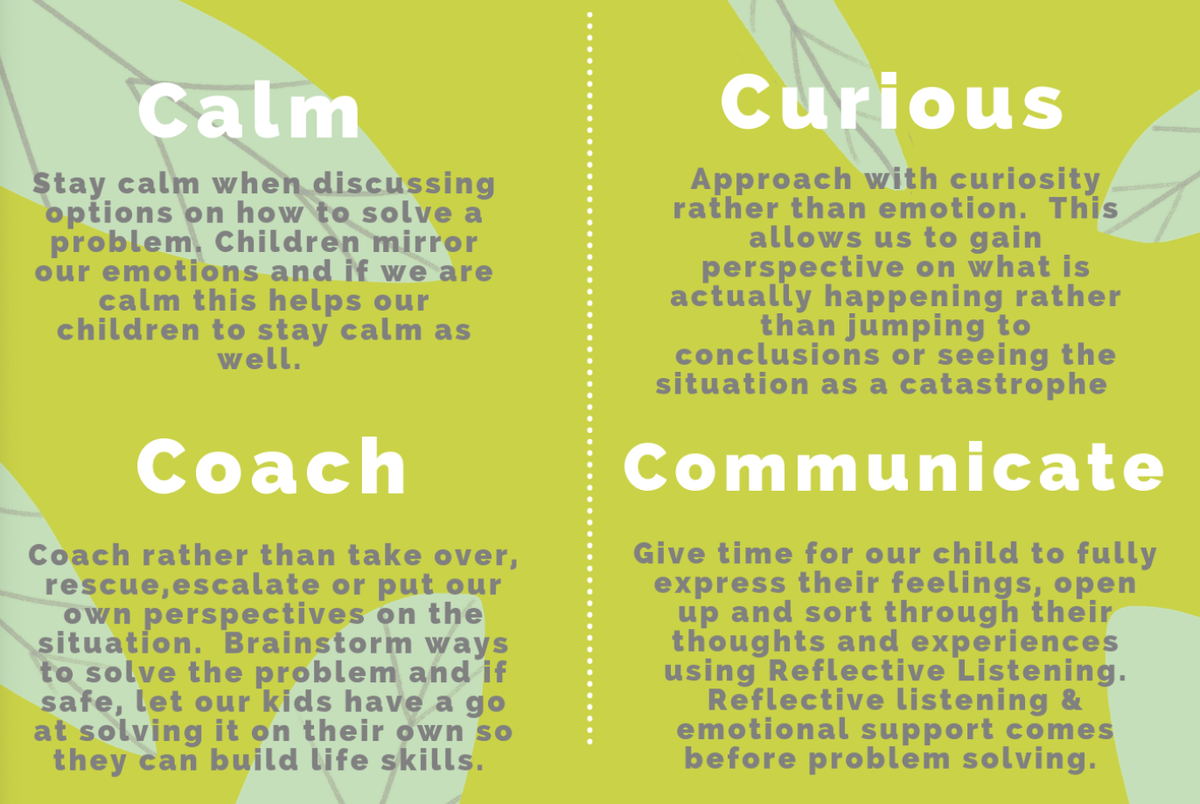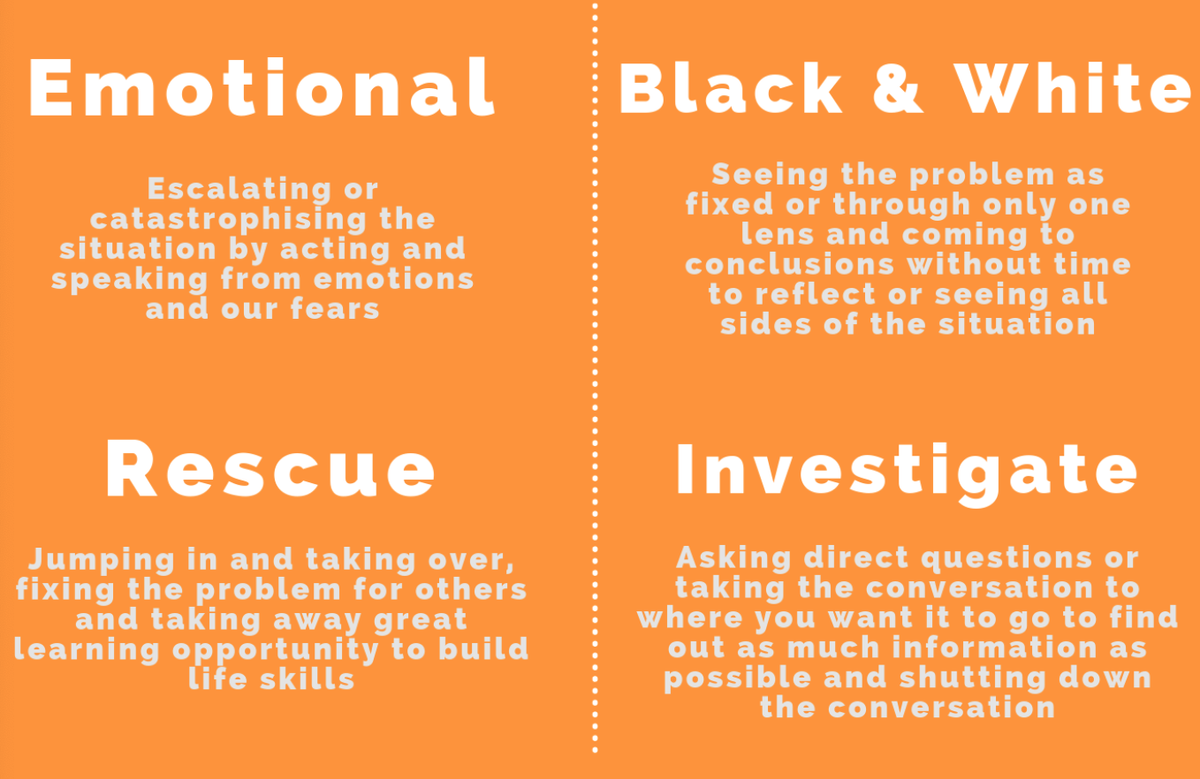Student Wellbeing
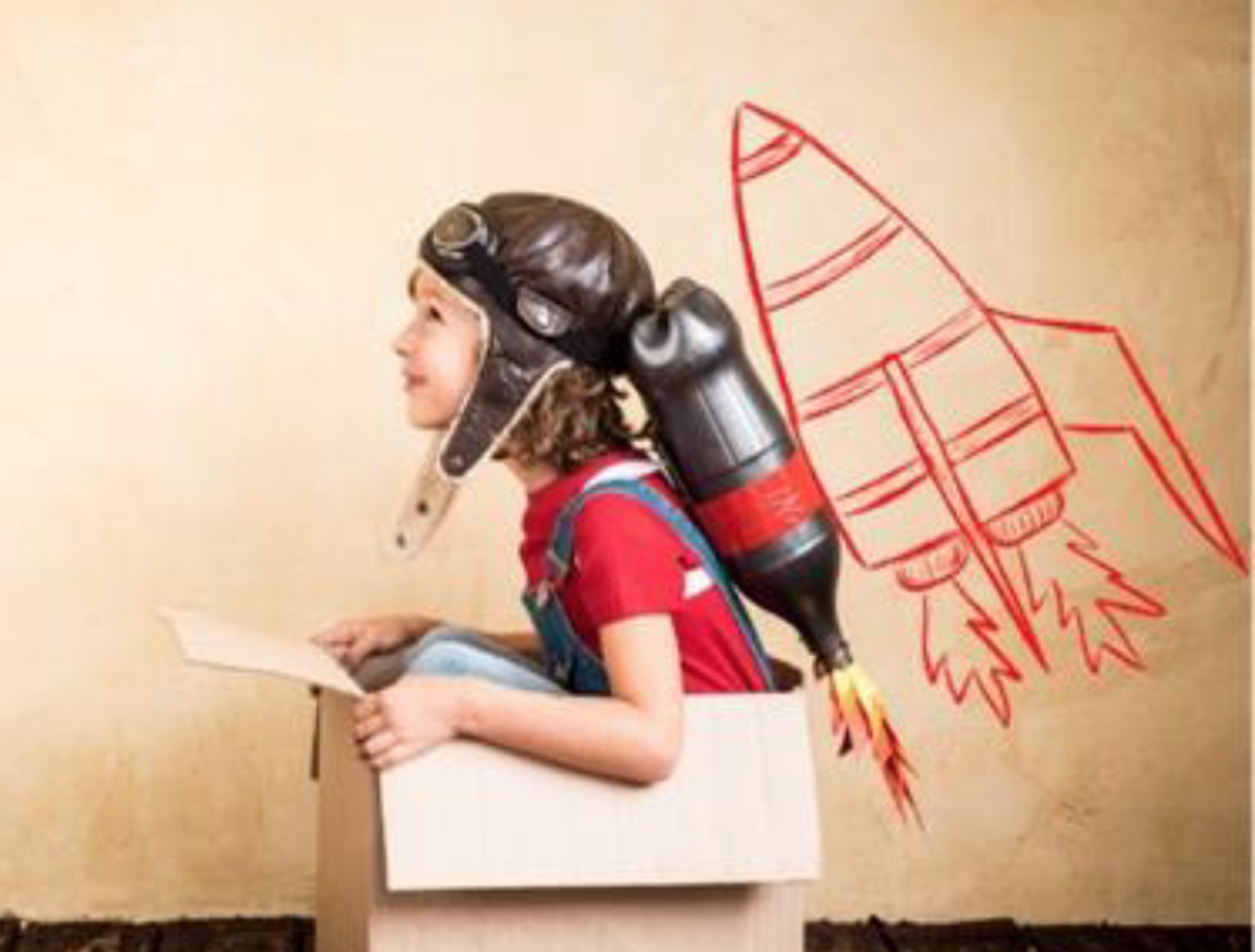
In the primary school years, just as skills in Literacy and Numeracy need to be explicitly taught, social emotional skills also need to be taught and modelled explicitly. Children look to adults to teach and model problem solving skills and healthy thinking habits. It is important for children to build emotional resilience self efficacy in problem solving skills in order to feel that they can manage challenges with the tools and skills they have and come out the other side.
Having a go, trial and error and perseverance with everyday tasks such as putting on shes and socks and packing and unpacking the school bag are the only way children learn. It is not about mastering straight away but navigating their way through. It is exactly the same for social emotional learning, where children learn through trial and error and perseverance that they can solve problems and can get support if they need it.
We want children to take risk and make mistakes and not feel shut down, coming up with solutions rather than us as adults solving things for them. Dependence leads to love levels of
If we as adults go into 'escalate and rescue' mode it disempowers children and leads to dependence and to low levels of self efficacy and self esteem, and hightened levels of anxiety in children. Children begin to believe "I'm not capable of solving this myself."; "The problem is so big that a big person needs to step in and solve it."; or "someone else will fix things for me in my life."
To help children at home to become problem solvers we can:
- Provide lots of opportunities for Trial and Error around the home
- Let kids make lots of MISTAKES
- Role model that mistakes are ok! Mistakes help us learn!
Rather than solving problems for children, we can build their problem solving skills and in turn their resilience by brainstorming with them.
Brainstorming gets us to think of all sorts of possibilities and empowers children to find a solution. If we use brainstorming, children can develop a critical mind and build self-efficacy. If we solve problems for our children they never get a chance to think about the problem themselves or develop skills to solve problems.
However before before we go into solving problems with our children, we need to use reflective listening.
Some difficulties our children have do not need to be problem solved either –they just need to talk about what has happened, share feelings and use their favourite coping strategies to feel better.
If we step in and solve problems for children we actually create a negative cycle that decreases problem solving capacity and decreases resilience, leading to greater anxiety and sense of helplessness.
Helpful Coaching Strategies
Unhelpful Coaching Strategies
Want to know more? Come along to our Wellbeing Parent Seminar on Wednesday 3rd May at 7pm in the hall with Georgina Manning from Wellbeing for Kids; creator of the Peaceful Kids and Peaceful Parents programs that are run here at St Mary's.
peacefulkids.com.au
wellbeingforkids.com.au

